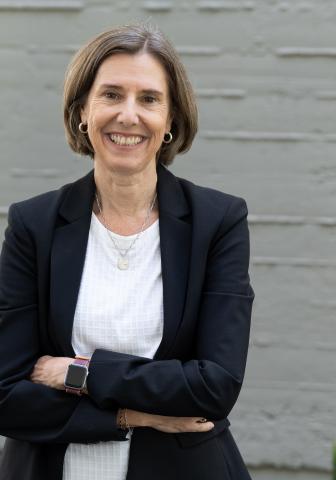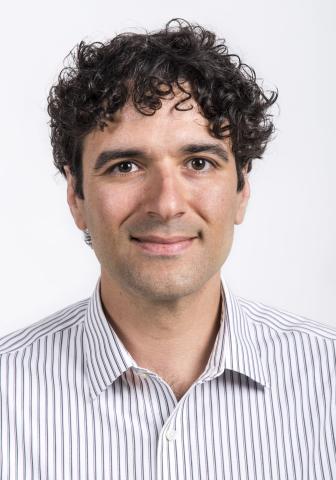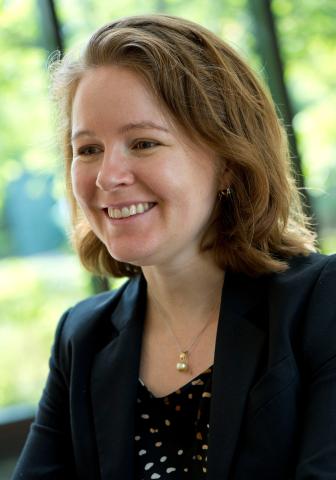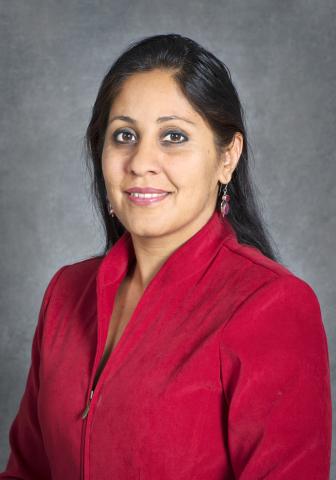Net Zero World
Mission
As part of the vision of the Department of Energy’s (DOE) Net Zero World Initiative, the Net Zero World (NZW) Action Center merges the expertise of 10 DOE laboratories, 9 U.S. government agencies, and a number of philanthropic organizations to promote inclusive, equitable, and resilient net-zero emission energy systems around the world.
Overview
The NZW Initiative is the DOE's signature program designed to work with countries to help them meet their climate ambitions and accelerate global transitions to a net zero, resilient, and inclusive energy system.
Berkeley Lab’s Energy Technology Area (ETA) scientists play a key role in the NZW Action Center, a multidisciplinary, cross-laboratory effort to accelerate global decarbonization and clean energy investment on behalf of the U.S.
ETA leaders in particular contribute their world-class expertise on energy system-wide modeling, industrial energy efficiency, market transformation initiatives, climate finance, and building technologies.
LBNL personnel hold various management roles including:
- Technical Program Manager (Nan Zhou),
- Investment Program Co-Manager (Carolyn Szum),
- Country Program Co-Manager (Naïm R. Darghouth),
- Industrial Sector Coordinator (Vestal Tutterow),
- Building Sector Coordinator (Ronnen Levinson),
- Power & Storage Sector Co-Lead (Juan Pablo Carvallo),
- Climate-Smart Women’s Leadership Program Lead (Reshma Singh)
- South Africa Country Coordinator (Stephane de la Rue du Can).
They have been actively engaged in the program development and planning phases of NZW country specific and cross-country activities. These include assessing and identifying rigorous country-driven net zero pathways to serve as a guide for developing and implementing technical and investment plans.
By pooling resources and knowledge across federal labs, agencies, and partners, the NZW provides collaborator nations with technical strategies, best practices, operational resources, and tools for everything from creating investment plans to making infrastructure decisions.
Berkeley Lab-developed tools that will be put into use by participant countries include:
- Mapping tools that can assist with energy justice and decarbonization.
- Climate vulnerability metrics such as a heat vulnerability index that identifies populations susceptible to extreme heat.
- Economic tools like a method for assessing how solar energy could reduce energy burden on low-income households.
Accomplishments
Berkeley Lab team efforts have resulted in a joint NZW Energy Decarbonization Pathways Report for five countries, released at the 2022 United Nations Climate Change Conference (COP 27) by United States Secretary of Energy Jennifer M. Granholm (watch video).
Some of the team’s accomplishments are listed below:




















